Sing Tao Probe | HK students build national security awareness through mainland study tours
Hong Kong primary and secondary schools, along with charitable organizations, have arranged multiple national security-themed study tours to mainland China in recent years.
These trips provide students with opportunities to learn about military affairs, space technology and other key fields, fostering national security awareness from a young age.
Sing Tao Probe spoke with secondary school students and teachers who participated in these tours to share how such experiences help instill a sense of responsibility in safeguarding national security.
Students deepen understanding of national development through visits to major tech firms
Pui Kiu College has been organizing annual mainland exchange programs to help students better understand national affairs and technological progress.
A Form Four student at the school joined a technology exchange trip to the mainland during the last academic year. The trip included visits to important technology sites, such as the East China UAV Base in Shanghai, as well as the corporate headquarters of major firms like Alibaba and Baidu.
She witnessed the development of artificial intelligence technology in mainland China and believes that participating in the exchange program enhanced her understanding of national security, deepening her awareness of the importance of cybersecurity and information security for the country.
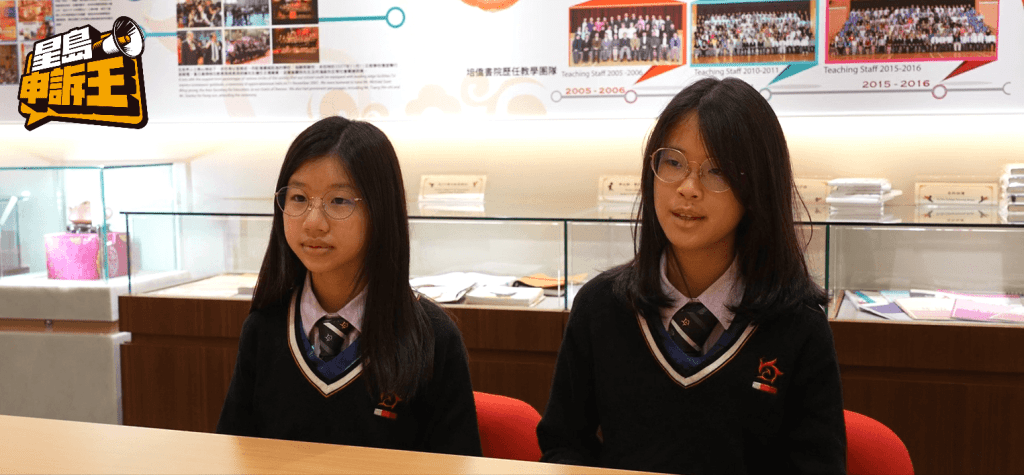
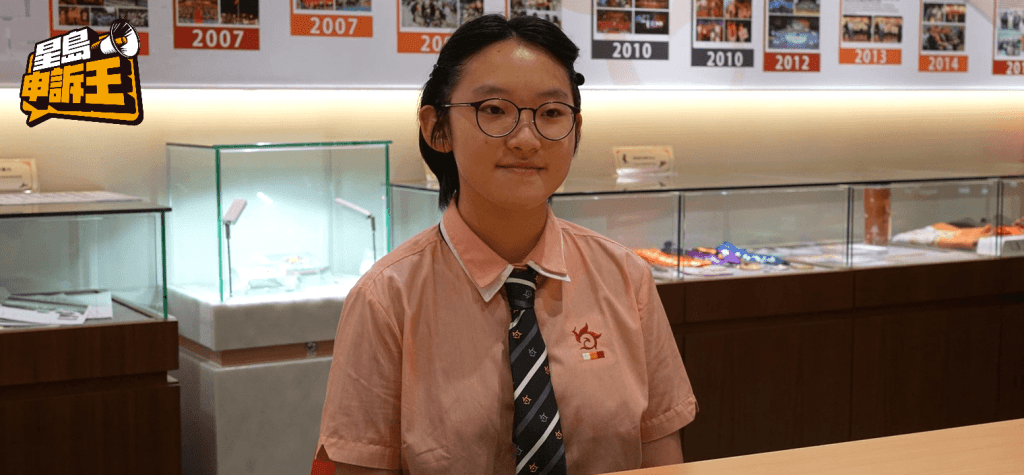
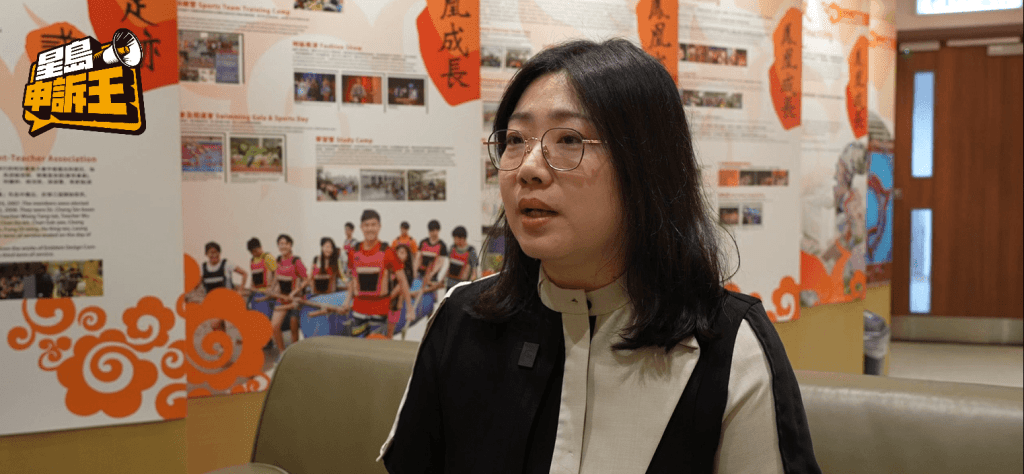
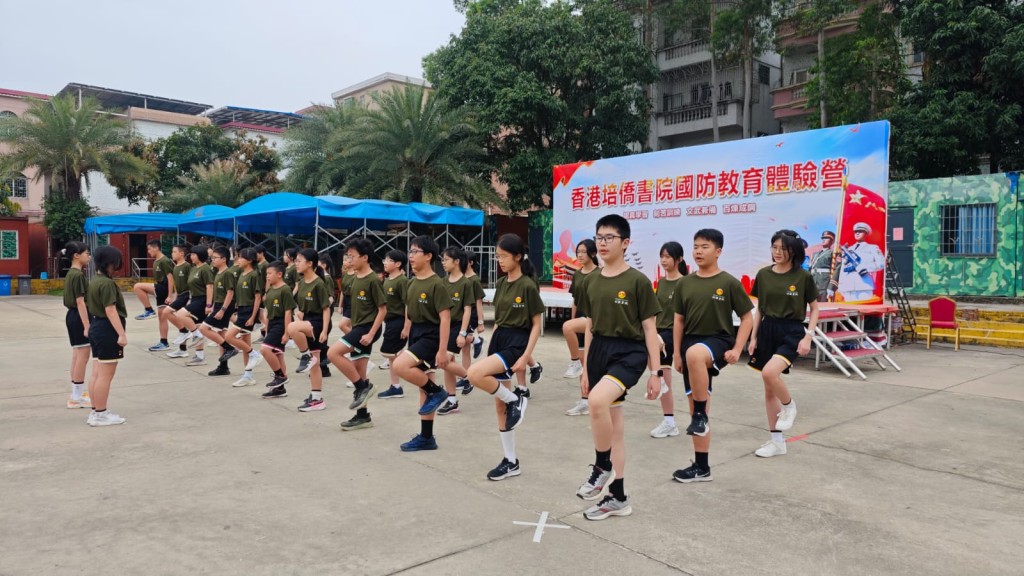
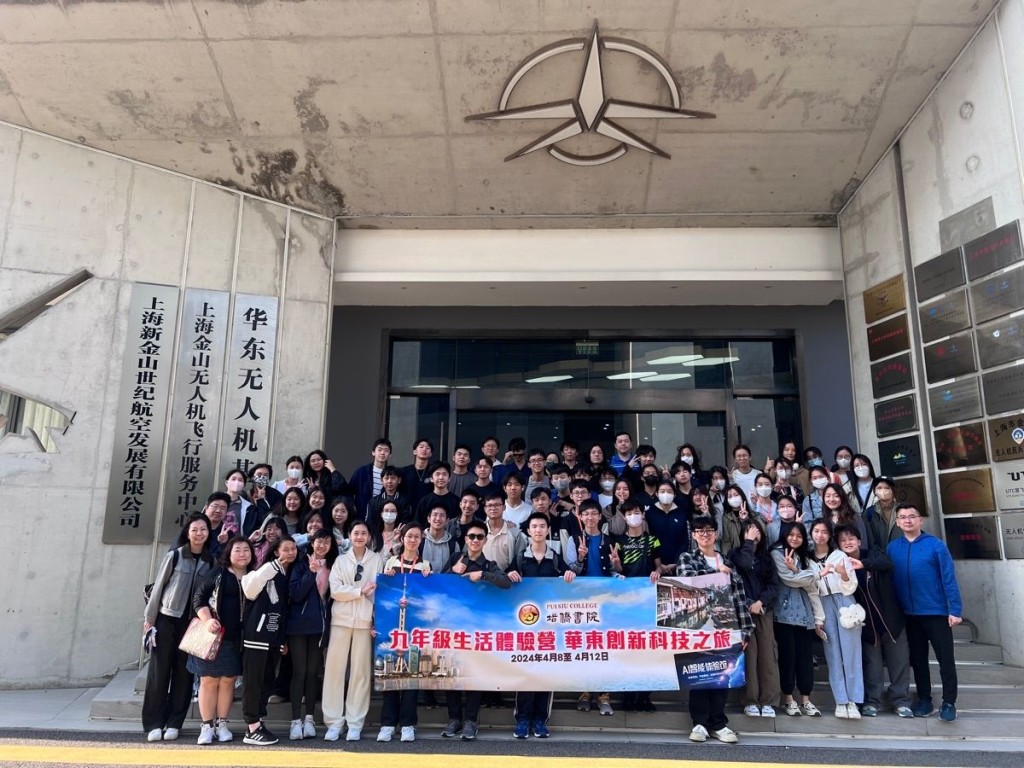
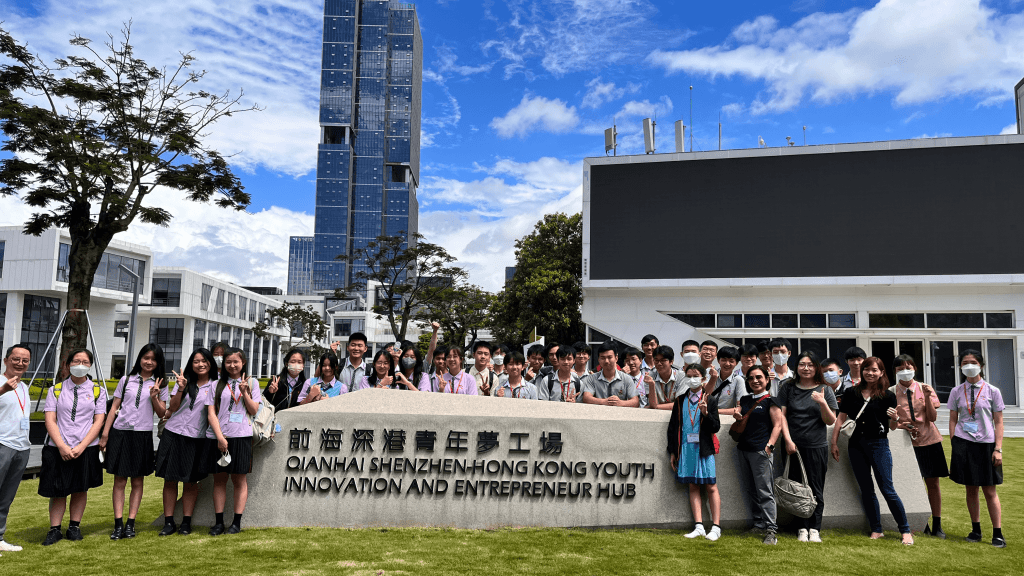
Participating in a military training, a Form Two student noted that the experience gave her a firsthand look at military life and the daily training that soldiers undergo.
Another Form Two student, stated that although the camp was tough, it instilled in her a sense of resilience and enhanced her understanding of national defense security.
Men Yue, a teacher of Citizenship and Social Development who leads the school’s exchange groups, highlighted that each year the program features a different theme.
Previously, they organized an exchange focused on Innovation and Technology in the GBA, which included visits to various tech companies.
She noted that the application process for these visits can be quite challenging due to issues of national security and confidentiality.
However, this experience helps students understand the critical importance of cybersecurity in the country’s efforts to advance its digital economy.
Gaining defense insights through exploring the country’s aerospace development
The Hong Kong Shine Tak Foundation organizes annual study tours to mainland China for secondary students, offering immersive experiences at cultural landmarks and institutions to foster a comprehensive understanding of national development.
A participant of the Beijing and Xi’an aerospace technology tour, recalled that her most memorable activity was learning to build miniature rockets at the Academy of Aerospace Solid Propulsion Technology, known as The Fourth Academy.
She noted it gave her firsthand insight into the nation’s rapid technological progress.
The itinerary also included a visit to the Juyongguan section of the Great Wall, where students learned about its historical role in national defense and how modern technology now safeguards citizens.
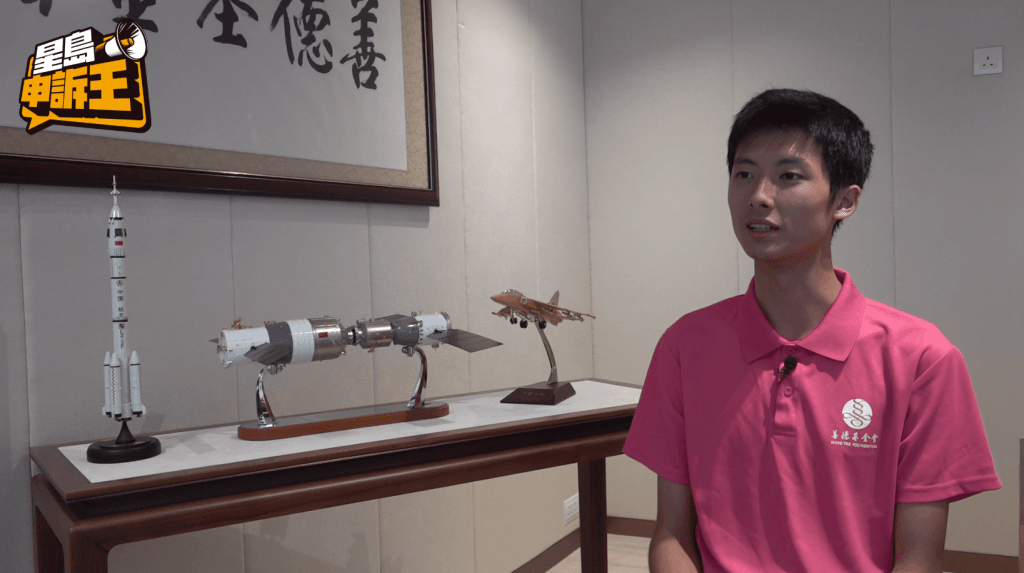
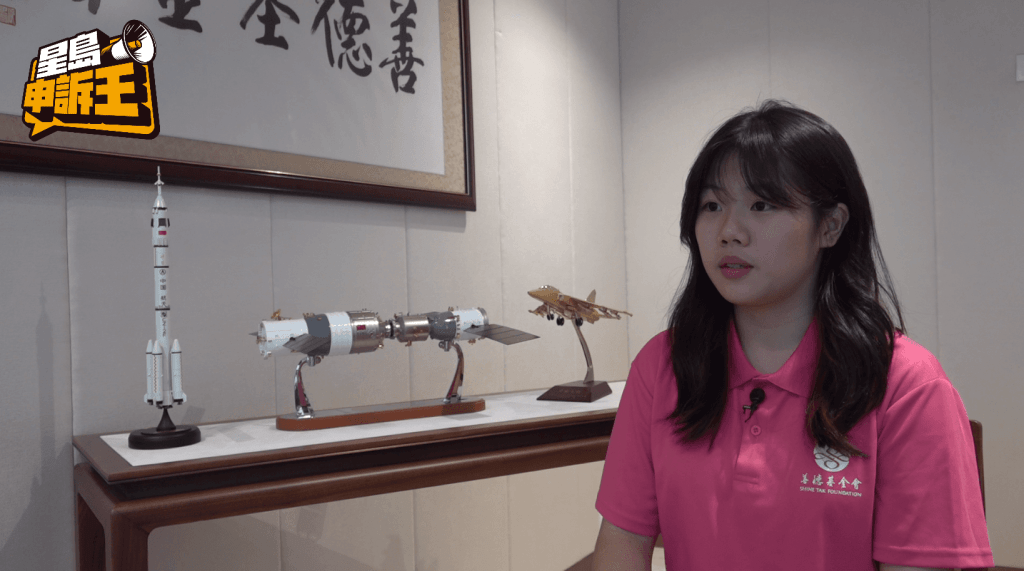
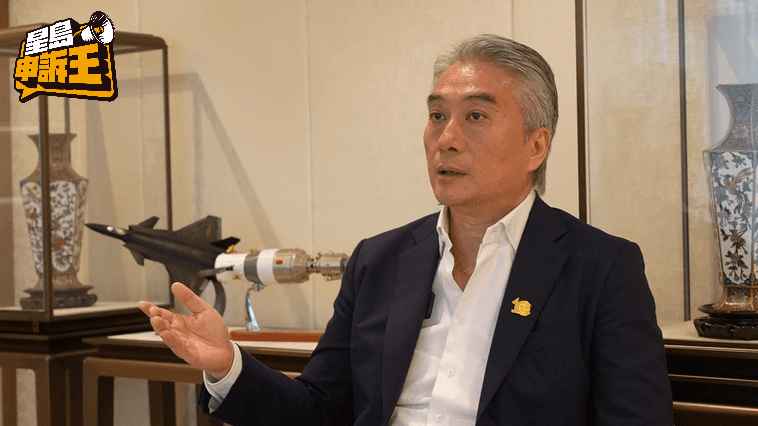
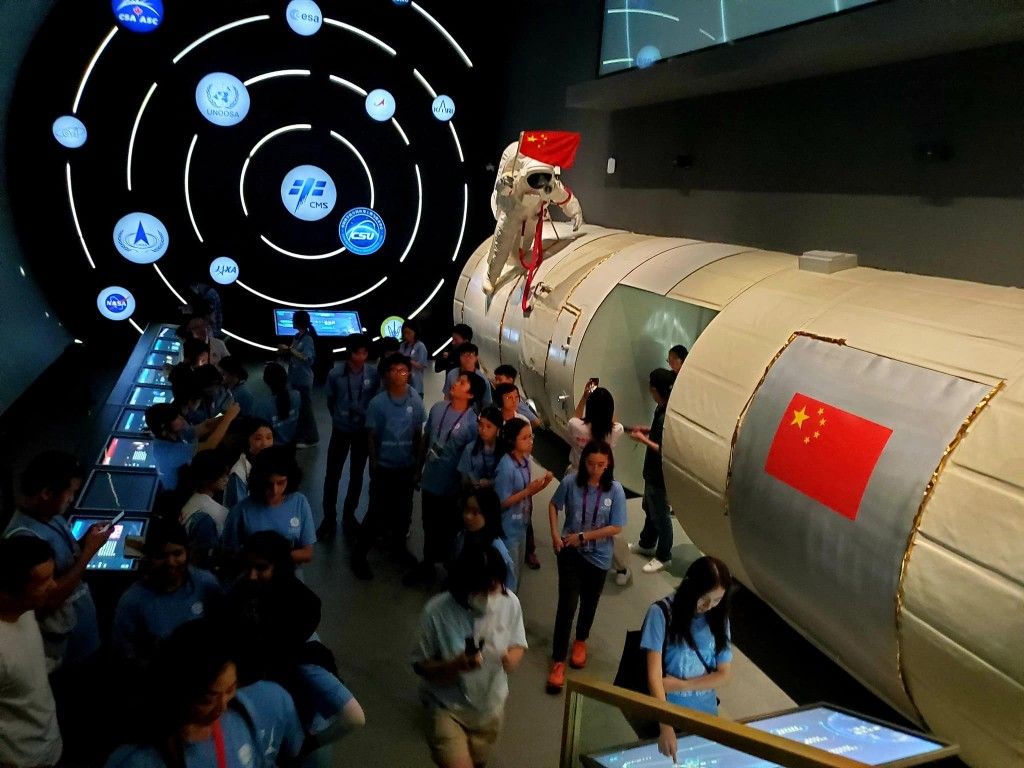
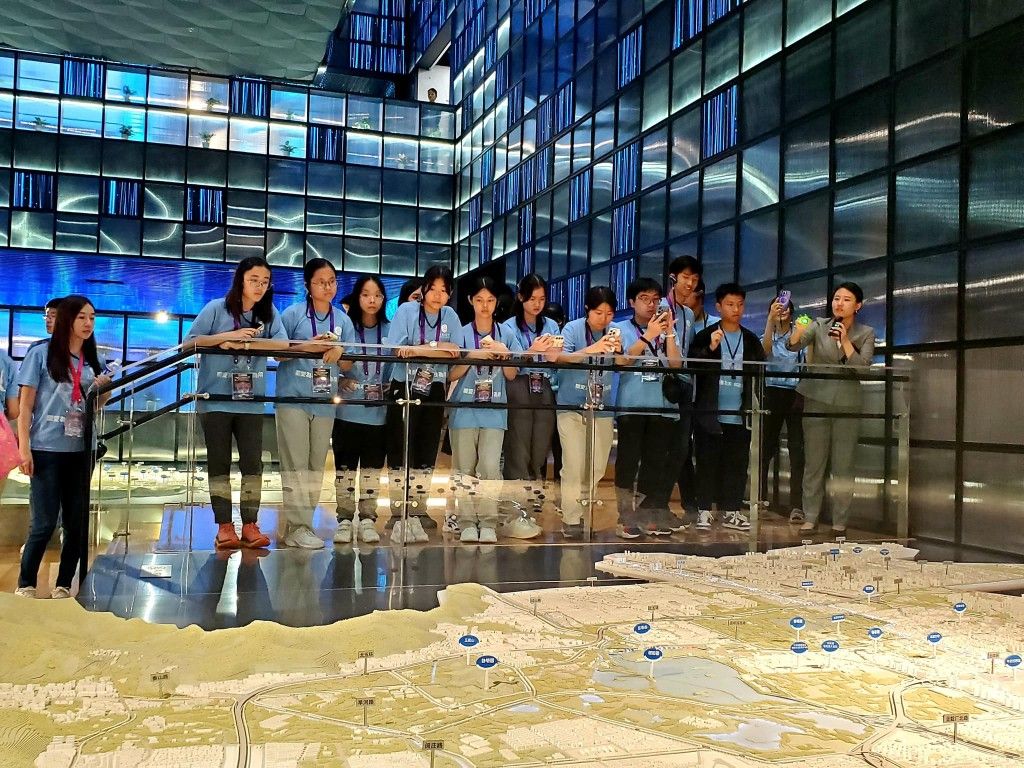
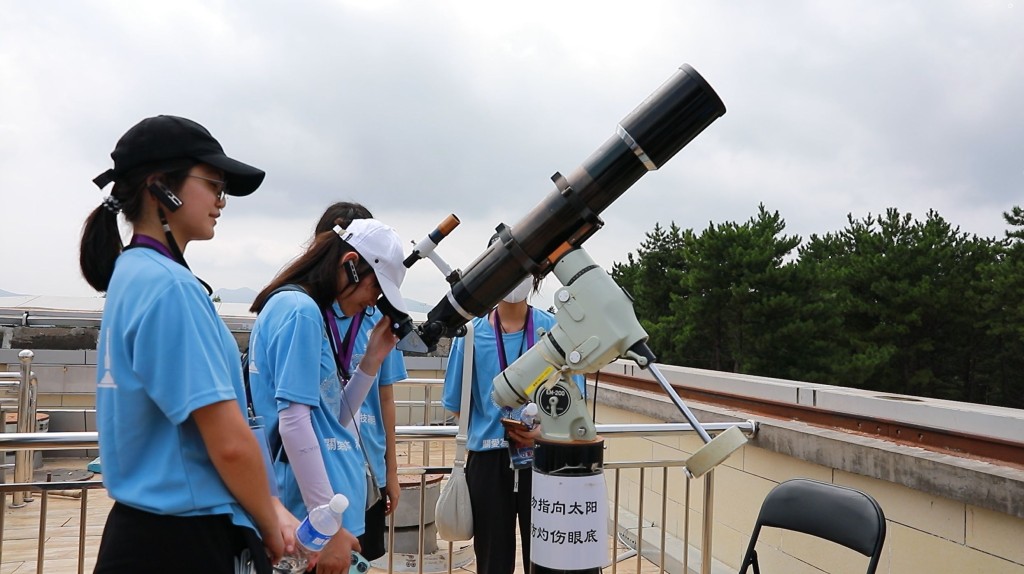
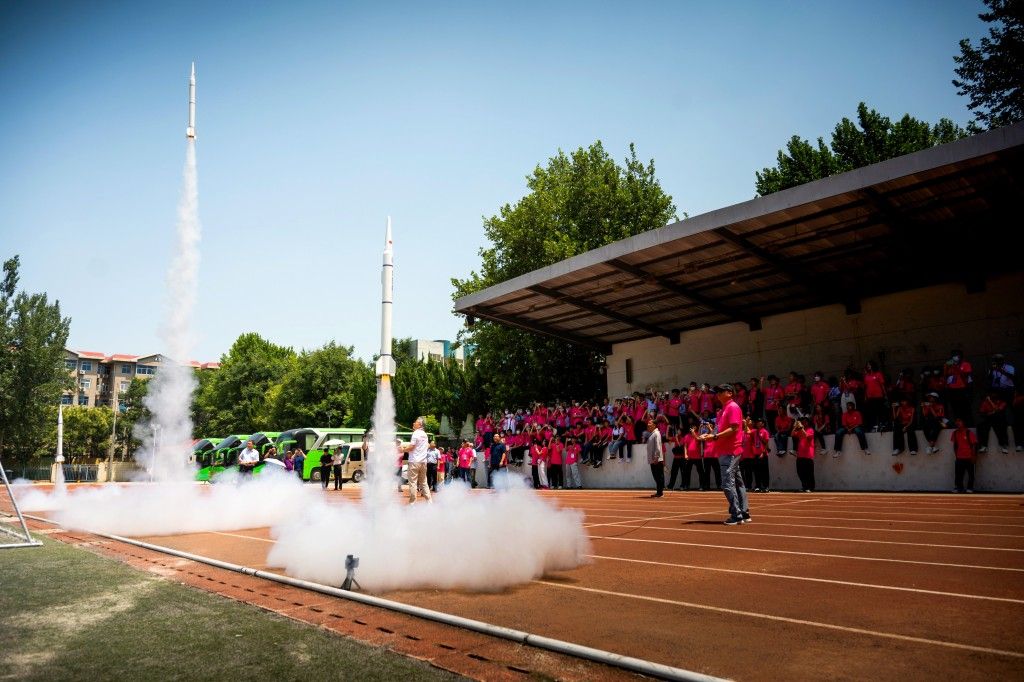
A secondary student from the study group, expressed concern about fake news from the internet.
He believes that when such fake news emerges, the government should swiftly address it with first-hand information to clarify the truth and safeguard the nation’s reputation.
Lam Kwok-hing, the Executive Vice Chairman of the Shine Tak Foundation, emphasized that national development depends on a stable and secure environment, allowing citizens to live and work peacefully.
He underscored the importance of instilling the concept of national security from an early age.
Priscilla Leung: National security is as important as air
Currently, some students may have questions about the National Security Law, such as whether sharing provocative statements from wanted Hongkongers on social media could violate the law.
Priscilla Leung Mei-fun, a barrister and chairwoman of the Legislative Council Panel on Education, addressed these concerns one by one.
She explained that sharing incitements of hatred against the government or messages advocating for the division of the government from wanted individuals could potentially violate national security regulations.
Additionally, online threats to kill government officials or to bomb government buildings could be classified as acts of rebellion.
Leung noted that while young people often like to modify songs to express their feelings, the National Anthem Ordinance clearly states that the national anthem cannot be altered.
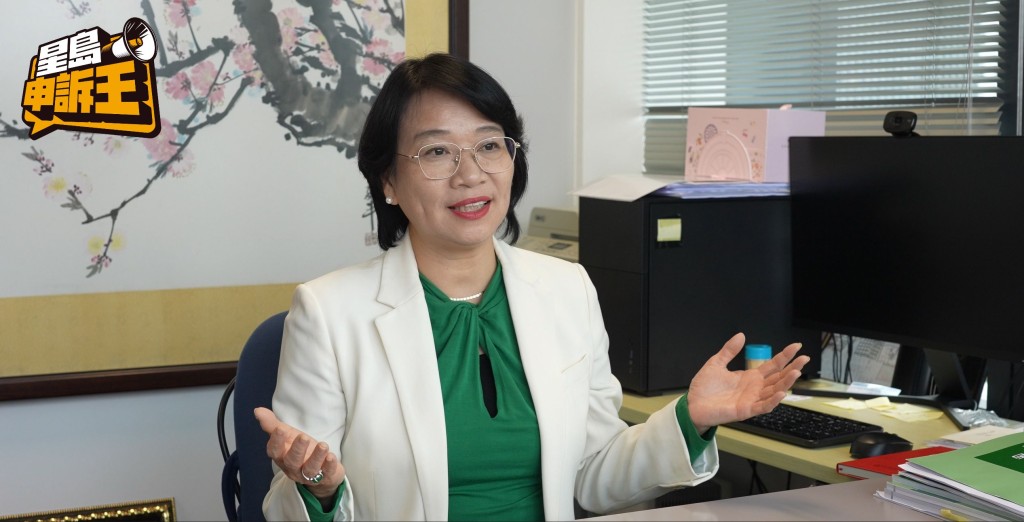
Leung observed that students returning from mainland study tours often develop heartfelt pride in China’s achievements after witnessing its rapid development firsthand.
Currently, national security encompasses more than just traditional areas like the military and territory. For the country’s development to thrive, it’s crucial to leverage technology to safeguard networks and data security, which is increasingly important for the new generation.
She described national security as being as essential to people as air, and one should not realize its importance only when it’s lacking.
Noting that students are exposed to the National Security Law from primary school onwards, Leung suggested schools avoid using exams as a method for imparting knowledge about national security.
Instead, she believes that emotional expression and knowledge enhancement are more effective. For example, when students watch historical documentaries, such as those on the Nanjing Massacre and Japanese invasion, they emotionally grasp the importance of protecting their homeland.



